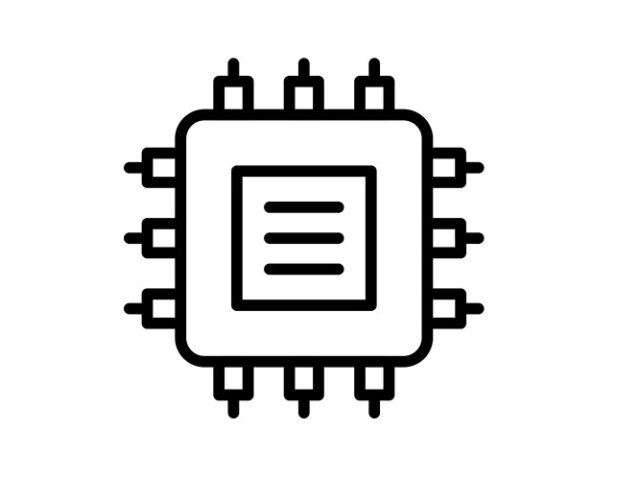Par for the course of any electronic engineering degree is the individual project. The individual project is typically a compulsory unit of the curriculum, and its subject matter can encompass any topic related to the programs offered by the School. Faculty members propose project titles, which are subsequently made available to students for selection. Students then pick their preferred projects, and assignments are allocated based on their preferences and faculty workload considerations. These projects span two semesters and initially entail substantial mentorship from the supervisor, along with research conducted by the student. As the project unfolds, students’ activities will be directed by the scope and objectives of their individual projects.
Module aims
The primary objective of this course unit is to provide students with the opportunity to apply the knowledge and skills they have gained throughout their degree program to address a specific technical challenge set forth by their project supervisor. Moreover, the individual project serves as a platform for students to acquire fresh knowledge and skills that may not have been covered in the formal curriculum.
Engaging in the individual project also affords students the chance to enhance their project management abilities while encouraging them to demonstrate initiative and personal responsibility in their academic pursuits. It’s a fantastic opportunity to flex your knowledge and skills, and can work as a great exemplar piece for future degrees/careers.
Module outcomes
Upon completion of the module, students will have demonstrated and developed a variety of skills:
- Create a practical project plan and supplement it with a catalogue of specific, measurable, and attainable objectives. Additionally, recognise potential project risks and establish a Risk Register to mitigate their impact.
- Show proficiency in independently acquiring knowledge and skill development from technical literature, relevant codes of practice, and industry standards.
- Evaluate and assess various technical solutions for a specific problem, considering alternatives.
- Apply problem-solving skills and technical expertise to generate solutions for given technical challenges.
- Exhibit the capacity to take initiative and assume personal responsibility in project endeavours.
- Utilise a project plan as a means of monitoring progress and effectively communicating it to stakeholders, updating the plan as required.
- Demonstrate effective communication of all project aspects through both written reports and oral presentations.
- Practical skills (depending on project nature) such as construction and testing.
- Transferable skills such as report writing, communication, presentation, and interpersonal skills.
Methods of assessment
Typically the module will be assessed via three avenues: project engagement, presentation, and final report – with heavy emphasis on the latter.
- Project engagement will include progress reviews with your assigned supervisor that has light weighting (~15%) of the final grade.
- Presentation will include an oral presentation of your project, typically split into ~15mins of presenting and ~15mins of questions, that has light weighting (~10%) of the final grade.
- Final project report is a word report on the project in detail that is outlined by the institution. This is by far the heaviest weighting (~75%) of the module.




